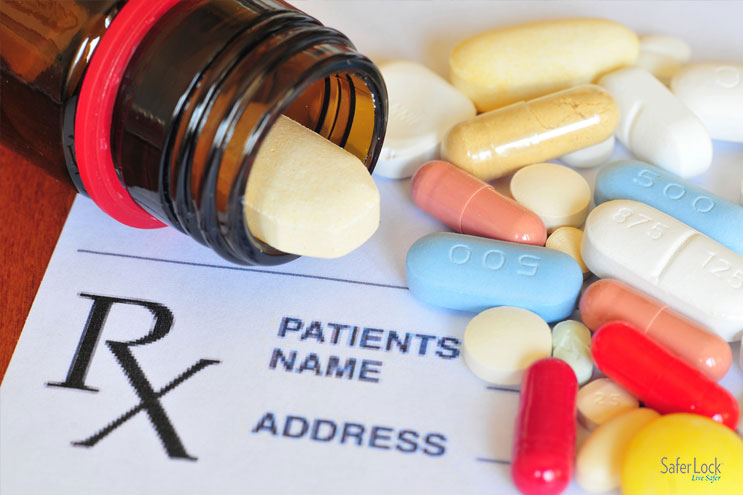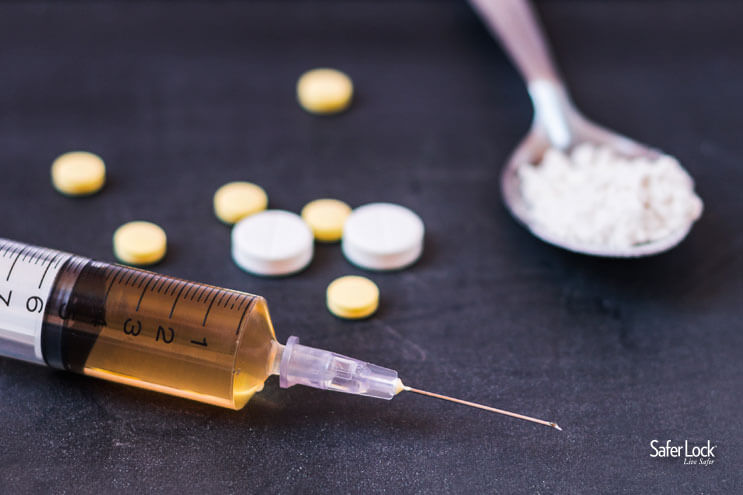While education and advocacy are important and necessary year-round, May is designated as Mental Health Awareness Month: a time to focus on spreading awareness of the prevalence of mental health issues within our communities and to work together to reduce the stigma faced by those suffering from them.
Prevalence of Mental Health Crisis in the US
The numbers are startling. At least once within a year, around 1 in 4 adults experience mental illness in the United States.
The percentage of people who meet the criteria for substance use disorder (SUD) is nearly as high; 17.1% of the US population suffers from SUD.
Learn more about the crisis of mental illness and substance abuse in America.
The Connection Between Mental Health and Substance Abuse
According to the National Institute of Mental Health (NIMH), substance use disorder (SUD) is a treatable mental disorder that affects a person’s brain and behavior, leading to their inability to control their use of substances like legal or illegal drugs, alcohol, or medications.
Research has shown that approximately 50% of those suffering from severe mental illness are also afflicted with a substance abuse disorder.
For youth, that percentage is even higher. Evidence suggests that up to 80% of adolescents with SUDs have at least one other mental disorder.
A study published in the Journal of the American Board of Family Medicine found that 18% of people with mental health disorders used prescription opioids. Citing the possibility that these people are likely experiencing an amount of pain that would be more bearable to a person who is not suffering from mental health issues, the study suggests that they likely perceive their pain to be greater than they otherwise would.
Consequences of Co-Disorders
Co-disorders of mental illness and SUDs can share overlapping symptoms and contributing factors. SUD can contribute to mental health disorders, and mental health disorders can contribute to SUD.
When these co-occurring disorders go untreated, or only one is diagnosed and addressed, there is an increased chance of relapse and resulting medical illness, homelessness, incarceration, or even suicide.
How Can You Participate in Mental Health Month?
Nationally recognized as Mental Health Month since 1949, May is a time to educate and learn more about mental health disorders as well as the effects on those suffering, their loved ones, and their communities.
Share Your Story
Every challenge you’ve faced has shaped you into who you are today. By embracing and sharing your experiences, you empower others to do the same. Here are some questions you can answer as you share your story of turning struggles into strength:
- What do you wish people knew about mental health?
- What misconceptions about mental health do you encounter in your work?
- What have you learned on your mental health journey?
- How does your mental health impact how you show up within your community?
- What do you share with your friends or family in moments when they need support?
- How do you help reduce stigma surrounding mental health?
- In one word, describe your mental health journey.
- What inspires you to support mental health in your life, work, or community?
- What motivates you to be an ally in the mental health movement?
This May, the National Alliance on Mental Health is encouraging you to share your story, spread awareness, or advocate for change. Your actions can help break the stigma around mental illness and build a more supportive world for all.
This post was originally published in 2018. It was most recently updated in 2025 to reflect updated data, statistics, and attitudes around mental illness and SUD.



